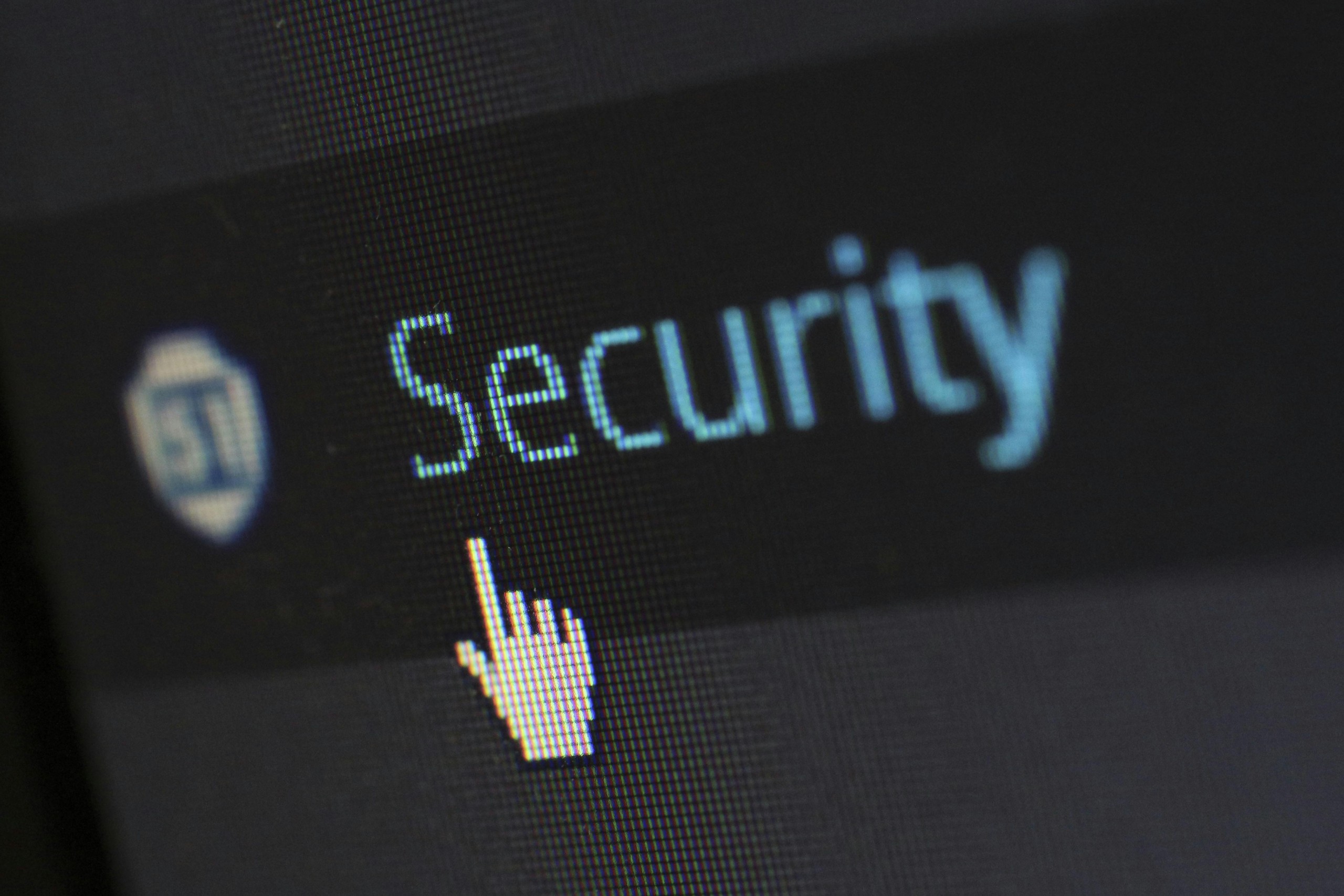It seems like we’re hearing stories about security leaks more often than ever. Everybody is sensitive about their privacy and personal data, which is only natural. As such, we’re all looking to minimize our risks when browsing the web. One of the best ways to enhance your protection is by using a VPN.
What is a VPN, and how does it work
A VPN (Virtual Private Network) is software that protects against threats on the web by hiding/masking your IP address. If your IP address isn’t appropriately protected, your privacy, as well as your data, could be at serious risk, so securing it becomes a crucial security issue. If you want to know more about the IP address and where to find it, check here.
The way a VPN hides/masks your IP address, making it inaccessible to threats, is to add a private server in the middle of the process when your device connects to the ISP. Instead of directly connecting (leaving yourself vulnerable), you’ll first connect to the private server and then connect to the ISP.
If anybody tries to target your IP address, it won’t be possible because the only IP that is shown will be that of the private server. As such, any attack that would otherwise be directed toward your IP is automatically forwarded to the private server, which is designed to handle those types of threats.

What does a VPN protect
Now that you know what a VPN is and how it works, it’s essential to highlight the kind of protection you get when using it. A VPN will, after it’s been activated, provide you with numerous benefits:
- Be anonymous online – your traffic is tracked through your IP address; if it’s masked, nobody can track what you’re doing.
- Encrypt your data – while a regular device-to-ISP connection has basic encryption, a VPN adds a much-needed layer that boosts security immensely.
- Connect to public Wi-Fi – public Wi-Fi hotspots are the most common places attacks occur, but a VPN makes them secure to use.
- Bypass geolocation restrictions – locked content can easily be avoided because a VPN lets you choose the country of origin for your IP address.
Since a VPN focuses on protecting your IP, there are, however, some limitations to what it can add to your security. If someone has your direct IP address, there isn’t much a VPN can do. However, it’s rare for someone to know your precise IP address, especially if it’s dynamic.
Furthermore, if your device has already been attacked by a virus or malware, a VPN can’t do much; it only prevents attacks that happen after it’s been activated – you’ll need an antivirus and/or antimalware solutions in those cases.

Conclusion
Having a VPN as part of your security setup should be commonplace nowadays. It’s a very simple tool that significantly minimizes the risk you take when connecting to an ISP. Whether you’re looking to secure sensitive, private data or just want to be anonymous while browsing, a VPN is the way to go.
